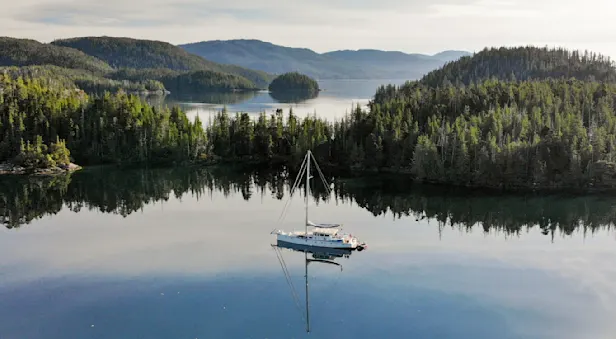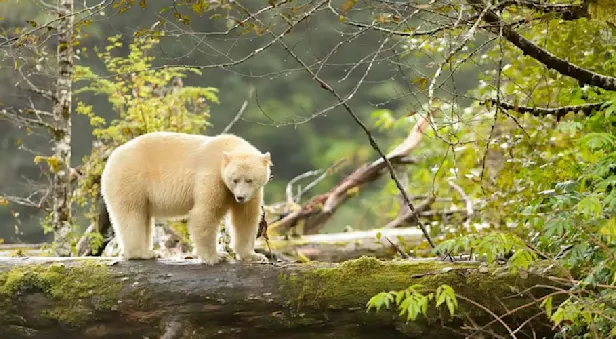World Wildlife Fund Fast Facts
Warm-Blooded
Like humans, humpback whales are warm-blooded mammals who nurse their young.
Climate Change Impacts
As the oceans warm and sea ice lessens, humpback whales may have to migrate much further to reach feeding grounds, leaving them with less time to forage for food.
Carbon Intake
When humpbacks die, they sink to the seabed, taking massive amounts of carbon out of the atmosphere for centuries. Altogether, one whale captures the same amount of carbon over its lifetime as thousands of trees.
Fishing Gear Threat
As many as 300,000 whales, dolphins, and porpoises are killed every year from entanglement in fishing gear.
The Plastic Problem
Eight million tons of plastic are entering the sea every year—about one full garbage truck every minute. New research shows whales near large cities ingest around 3 million microplastics per day.
Protecting Blue Corridors
A 2022 report by WWF and its science partners visualizes the satellite tracks of over 1000 migratory whales worldwide. Importantly, it helps identify where migratory routes and key habitat areas overlap with a range of emerging and cumulative threats from human activities, helping inform how we can better protect and manage their ocean habitats worldwide.
28 Countries
Throughout the Southern Hemisphere, humpbacks make seasonal migrations between the tropics and polar waters, moving along the coasts through the waters of 28 countries and the open ocean that lies beyond the jurisdiction of any nation.
Baleen
Some whales are considered “baleen” if they have fibrous 'baleen' plates in their mouths instead of teeth, which help them filter out and consume huge quantities of krill, plankton, and crustaceans. Humpbacks and blue whales are both considered baleen.
Fat Reserve
Humpback whales in the Southern Hemisphere live off their fat reserves for 5.5-7.5 months each year, as they migrate from their tropical breeding grounds to the Antarctic, to feed on krill.
Whale Tongues
Whales use their tongue, which is the size of an elephant, to suck food down their throat.
Explore British Columbia

Haida Gwaii: Islands at the Edge of the World
Discover an archipelago of wonder off the coast of British Columbia—explore wild shorelines, ancient rainforest and 12,000 years of Haida culture on an intimate sailboat adventure in the marine wilderness.


Spirit Bears, Humpbacks & Wildlife of BC
Discover British Columbia at its wildest, in search of the elusive white Spirit Bear in the remote valleys of western Canada's Coast Range. Offshore, scout for humpback whales and orcas in emerald fjords.
























